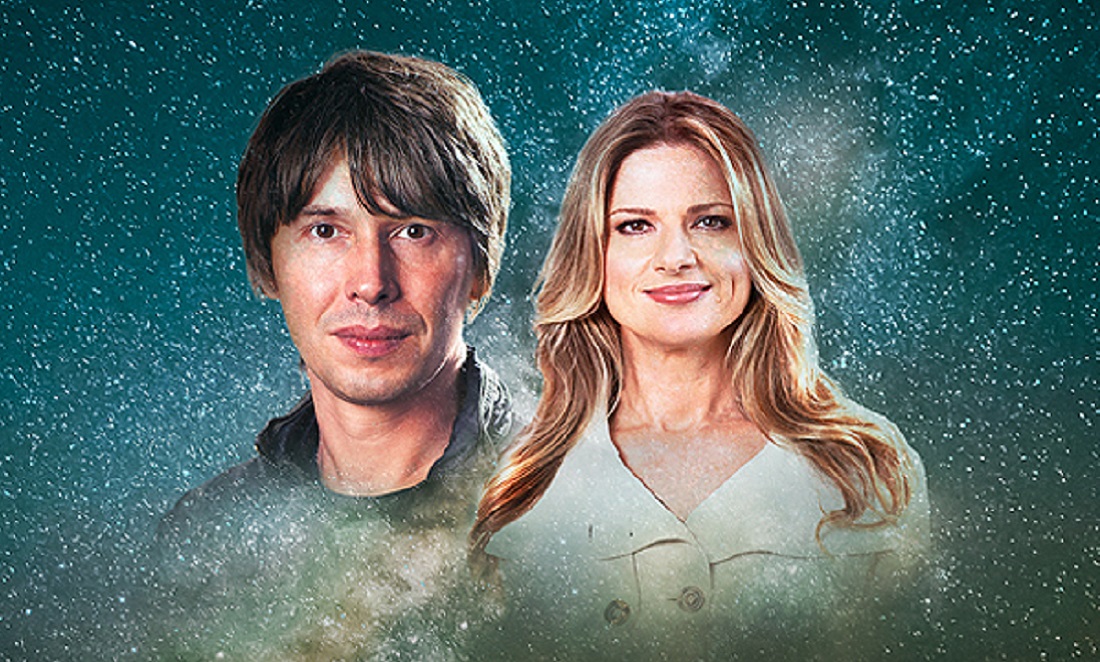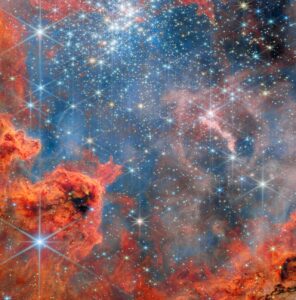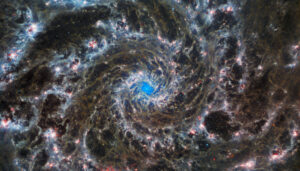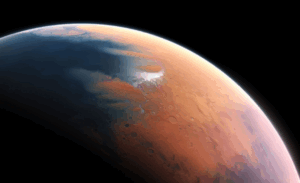Feel like a free night out that’s good for your soul, stimulates your brain and comes with optional at-price telescope?
Quick! Nab your free ticket, or host your own Star Party, and be part of a nationwide attempt to smash a world record and celebrate our place in the universe.
“We’re aiming to have the entire nation stargazing simultaneously,” says the ABC’s Kirsty Bradley. “The world record that we’re trying to break is ‘Most people stargazing simultaneously across multiple venues’.”
Here’s how it works
On 22, 23 and 24 May, Professor Brian Cox and Julia Zemiro will host a return of Stargazing Live. The show will air on the ABC and iView simultaneously across Australia. (Tune in at 6pm in WA.)
The show will feature everything from our local Solar System to deep space exploration. Julia will even try her hand at astronaut school. Oh, and there’s also a little thing called attempting to smash a Guinness World Record!
The magic will happen on the show’s second night.
“Professor Brian Cox and Julia Zemiro will count us into the record attempt, and simultaneously, during that show, the whole country will look up,” says Kirsty. “We’ll all do our 10 minutes’ stargazing, then hopefully, once all the evidence is submitted, we’ll all be world record holders.”
But they don’t give world records to just anybody …
Enter the Guinness adjudicator
The ABC has been working with Guinness World Records HQ in the UK for months to ensure we get all the details right.
Every 50 stargazers require their own adjudicator (to make sure someone hasn’t snuck off to the loo during that crucial 10 minutes). Participants also need to sign in and to be part of a group photo to prove how many people were involved.
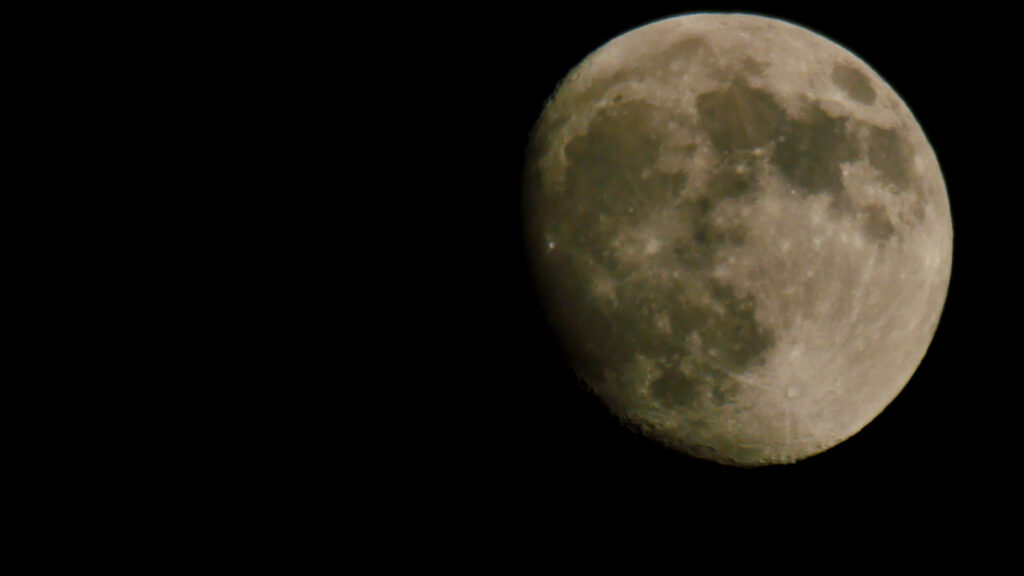
Every 50 stargazers require their own Guinness World Records adjudicator to ensure all participants are looking at the same object: the Moon.
The Guinness adjudicator will spend Wednesday night and most of Thursday assessing the evidence. Then (hopefully) on Thursday night’s show, the results will be announced.
“If we’re lucky enough to break the record, everyone will be able to access their own Guinness World Record certificate to say they’re a world record holder,” Kirsty says. Count me in!
Don’t have a telescope?
Each participant needs to stargaze through their own telescope or binoculars. If you have your own gear, bring it along (free). If you don’t, buy your own at-price telescope when you register (around $6.50).
“That’s our dream,” says Kirsty, “to have all these kids with telescopes that they know how to use.”
The fine print
There are two parts to the record: the number of people stargazing and the number of locations they’re stargazing from. The current record is for 7960 people across 37 locations. With 100 Star Parties already registered, we’re well on the way to smashing this record out of the Solar System.
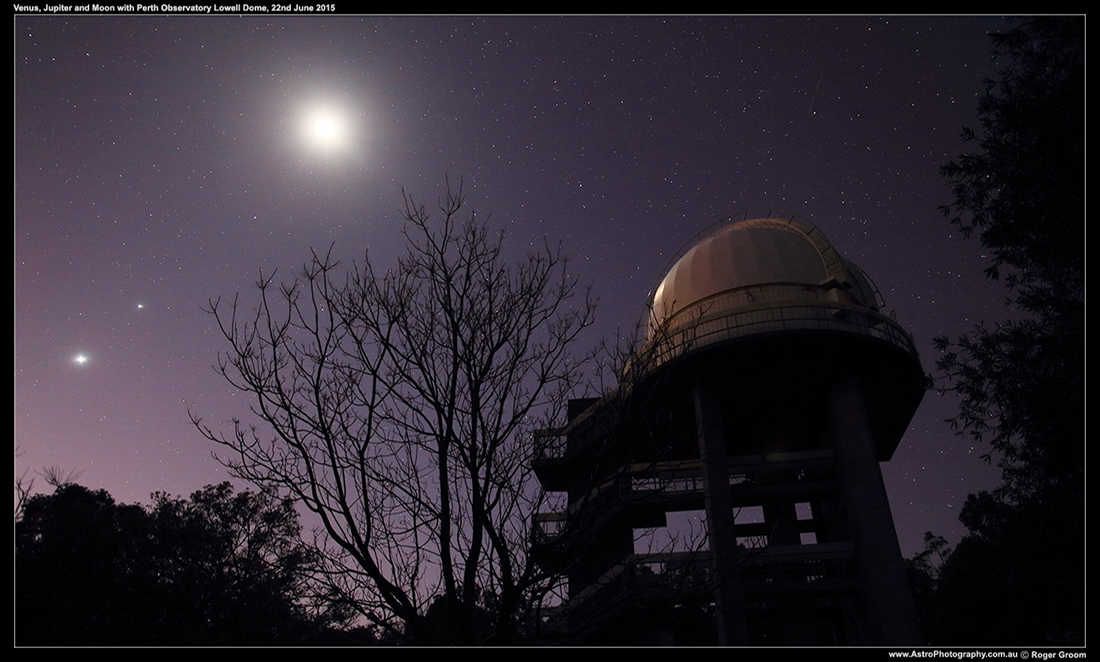
“We’re so thrilled,” says Kirsty. “It’s going to be an amazing night for everyone to get out and celebrate science and astronomy.”
How to register
There are 14 venues across WA, but you need to register. To secure your spot, select the event you’d like to attend, load the Facebook event page, click on the ‘Tickets by Eventbrite’ link, then select the ticket type you’d like.


